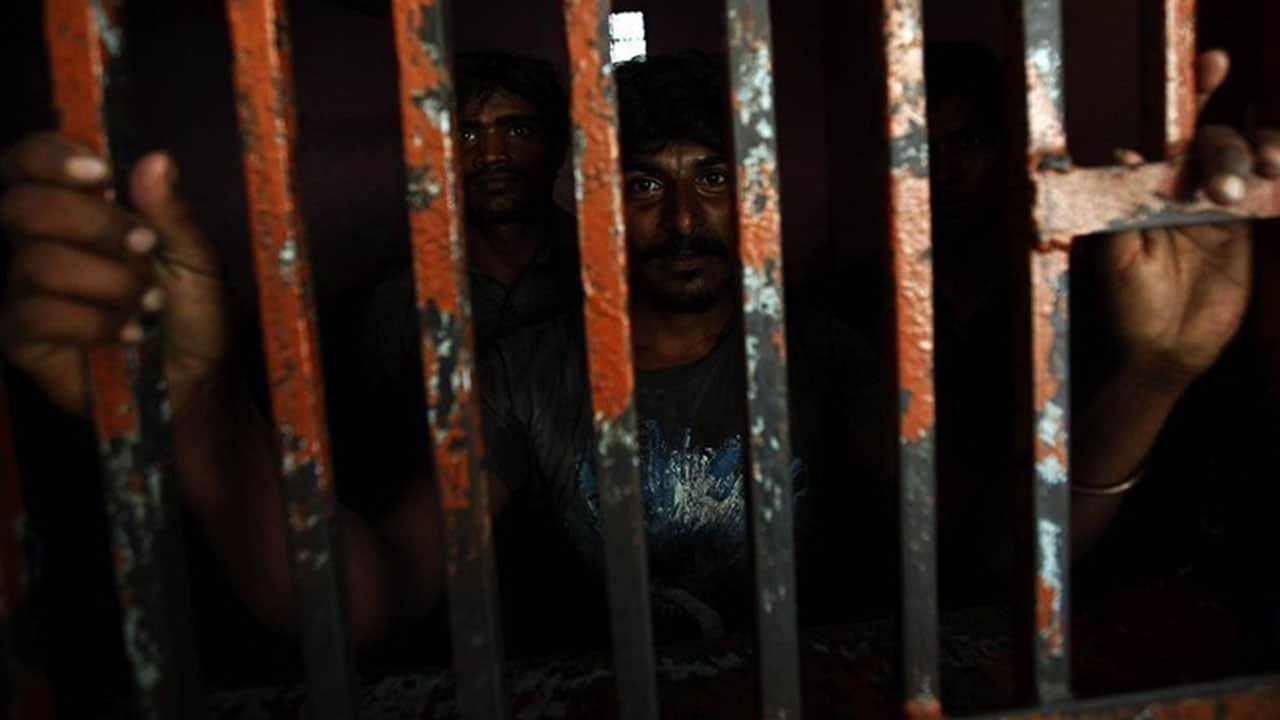
Authorities in India have arrested 50 Nigerians in one of the largest coordinated crackdowns ever mounted against a transnational narcotics and money-laundering cartel operating across multiple cities. The crackdown — conducted by the Delhi Police Crime Branch and the anti-narcotics wing of Telangana EAGLE Force — dismantled a sprawling network that trafficked methamphetamine, cocaine, and other hard drugs, employing encrypted communication, courier “dead-drops,” and clandestine financial operations to evade detection.
According to official statements, the syndicate used methods modeled after legitimate delivery apps to distribute drugs — allowing users to order narcotics discreetly and receive them via courier, avoiding physical buyer-seller meetups.
Further investigation exposed a disturbing connection between the drug network and sex-trade rings, which reportedly served both as logistical support and as cover for drug distribution.
Police estimate that the cartel’s customer base may be as large as 2,000 individuals across India, reached via courier and dead-drop delivery methods.
Authorities say the cartel used hawala networks — informal, mostly unregulated money-transfer systems — to launder proceeds from drug sales. The illicit earnings were reportedly converted into legitimate goods like garments and human hair, which were then exported to Lagos, Nigeria. One identified kingpin is believed to have laundered at least ₹15 crore through these channels alone.
The global nature of the operation highlights how narcotics, money laundering, and international smuggling are increasingly intertwined — underscoring the challenges facing law-enforcement agencies across borders.
This newest arrest wave is not isolated. Earlier in 2025, several Nigerian nationals were arrested in Indian cities including Bengaluru and Hyderabad linked to synthetic-drug trafficking. In one June 2025 raid by Bangalore’s Central Crime Branch, for instance, a Nigerian was caught with methamphetamine and MDMA valued at over ₹1.2 crore.
These incidents reflect a pattern of transnational drug syndicates exploiting migration and visa loopholes to embed trafficking operations across foreign countries.